Safety Tips for Handling Swimming Pool Chemicals
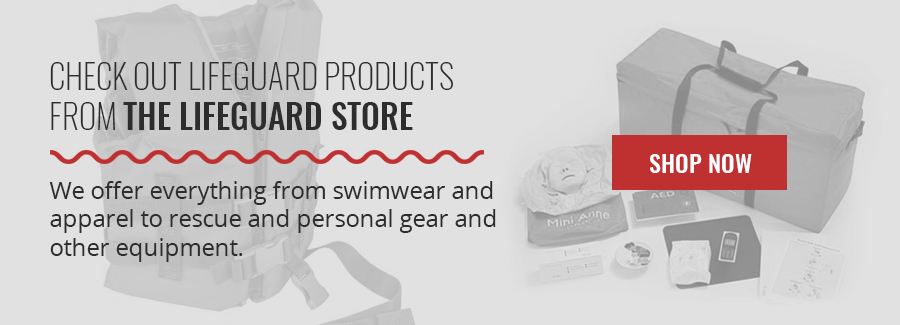
As a lifeguard, you'll often interact with pool chemicals, and without proper training and knowledge, adding chemicals to a swimming pool can be dangerous. Swimming pool chemicals are responsible for thousands of emergency room visits every year, but knowing about pool chemical safety can help prevent accidents and injuries.
While you've taken chemical safety training as a lifeguard, it's always helpful to have a refresher or share your knowledge about pool chemical safety with others. Below you'll find safety tips for handling swimming pool chemicals that can help save you or others from injury.
What Types of Swimming Pool Chemicals Will You Use as a Lifeguard?
Part of swimming pool chemical safety involves knowledge of the various products you may encounter since different chemicals require different care. Most pool chemicals contain chlorine for disinfection, but other varieties out there serve various purposes. Among those chemicals are:
- Bleach, also called sodium hypochlorite
- Bromine
- Chlorine gas
- Sodium hydroxide, also called caustic soda
- Sodium bicarbonate, commonly known as baking soda
- Hydrochloric acid, also called muriatic acid
- Calcium chloride
- Trisodium phosphate
- Cyanuric acid
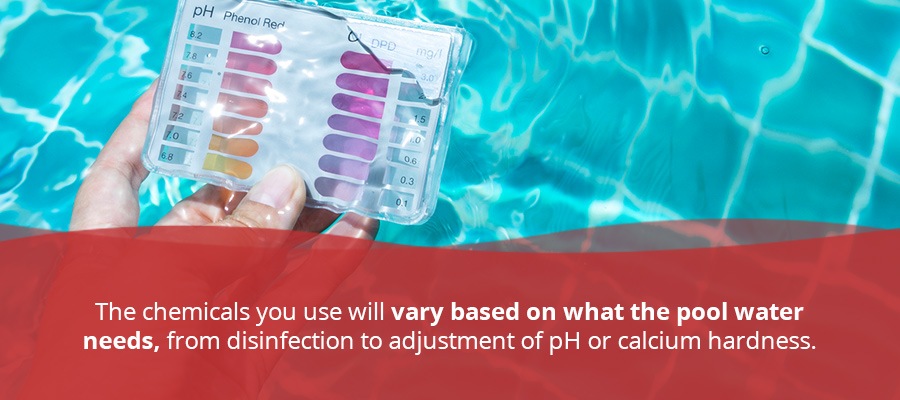
The chemicals you use will vary based on what the pool water needs, from disinfection to adjustment of pH or calcium hardness. Adding chemicals to a swimming pool to adjust these levels will certainly lead to exposure, but you may also be exposed to chemicals when you're:
- Transporting products
- Cleaning spills
- Retrieving something from a storage room
You may even be exposed to chemicals through the air around a swimming pool, especially an indoor one. Be aware of your surroundings when you're on duty or around a pool area, and take other precautions to prevent injury to yourself or others.
Common Injuries From Swimming Pool Chemicals
Even if you follow all the pool chemical safety you can, sometimes accidents happen. In any case, know the common injuries from swimming pool chemicals, and be aware of signs from:
- Respiratory problems: When you inhale fumes from pool chemicals, you're at risk for injury. Asthma is a common result of frequent exposure to swimming pool chemicals. If you already have asthma or other respiratory issues, you may need to wear a respirator or other breathing aid. Signs of respiratory issues as a result of chemical exposure include a sore throat, coughing, headache, nausea and more. In severe and rare cases, breathing in pool chemicals can lead to lung damage or death.
- Eye damage: Exposure to chemicals without proper eye protection may lead to irritation or even damage. Whether chemicals splash into your eyes, the fumes reach your eyes or you rub your eyes after skin exposure to chemicals, you're at risk for injury. Itching, redness and burning are all possible signs of eye damage or injury from chemicals.
- Burns: When chemicals come in direct contact with your skin, you risk burns or irritation. Again, itching and redness are signs of this injury, which may come in addition to a burning sensation.
- Other issues: You may experience other issues as a result of handling pool chemicals, especially through ingestion. Injuries include burns to your mouth, throat and stomach, nausea, vomiting and possibly death. While ingestion may not be as common as other accidents, it's wise to know all possible injuries and outcomes of working around pool chemicals.
Be sure to speak with your supervisor about any medical issues you have before handling pool chemicals, and seek medical attention if you experience any of the symptoms above or others after handling chemicals.
Things to Do When Handling Swimming Pool Chemicals
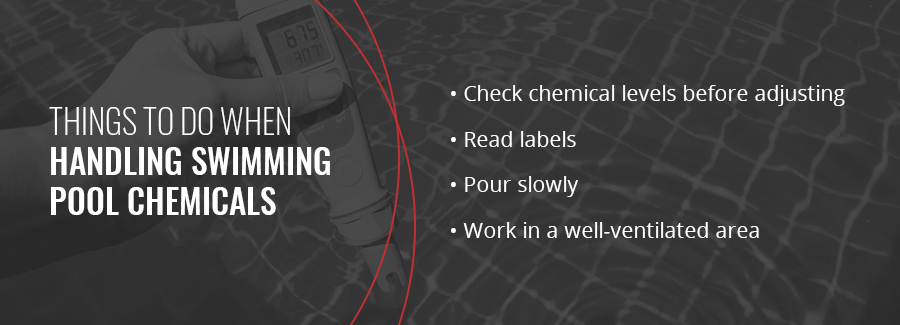
When lifeguards handle pool chemicals, they should take every possible precaution. That includes making sure to:
- Check chemical levels before adjusting: You don't want to add unnecessary chemicals to a pool, as doing so could lead to avoidable injury or an imbalance of chemicals in the water.
- Read labels: If you have any doubts about how lifeguards should handle pool chemicals, read the label. Use any recommended equipment or practices for specific products.
- Pour slowly: If you add chemicals too quickly to a swimming pool, you risk having the chemicals and water splash up at you. That could lead to chemicals getting on your skin or in your eyes, which could lead to severe injury.
- Work in a well-ventilated area: When you can, work outside or in open areas with sufficient ventilation. Wear any respiratory aids when necessary to avoid breathing in harmful fumes.
In addition to those steps, other precautions you should take when handling swimming pool chemicals include:
- Adding chemicals when the pool is on and water is circulating
- Making sure no swimmers are in the water
- Adding the product to the water, never water to the product
- Working in stages for large quantities of chemicals
- Knowing where emergency showers or eyewash stations are and how to use them
For further safety and protection, wear the appropriate safety gear, such as:
- Splash goggles
- A face shield
- Gloves
- Shoes or rubber boots
- A respirator
- Other protective clothing
Things Not to Do When Handling Swimming Pool Chemicals
Safety tips for handling swimming pool chemicals also include essentials on what not to do. When you're handling or storing pool chemicals, do not:
- Have a cluttered storage area: An unorganized storage area can lead to disaster. From spills to trips and falls, clutter can cause avoidable accidents and injuries.
- Work in dimly lit areas: If you can't see well while working with chemicals, you risk misreading labels, making measurement errors and experiencing other accidents. You may even spill chemicals since you cannot see, leading to possible injury.
- Move chemicals into other storage containers: Manufacturers sell pool chemicals in particular containers for a reason. Whether those containers block out sunlight, air or moisture, they serve a purpose. You don't want chemicals leaching out of a container or being exposed to elements that could impact their effectiveness.
- Ignore instructions or procedures: Do not attempt to get a job done quicker or in a different way than instructed. Procedures are in place to keep you and others safe, so be sure to follow them. The only time you should question verbal instruction is if it contradicts what is on a chemical's label.
- Handle chemicals without training: Whether you're new on the job or haven't received training for a particular pool chemical, do not attempt to handle these dangerous products without the right knowledge.
Remember to work smart and be cautious. If you have any doubts about how to work with a chemical, consult the label first, then consult others.
Purchase Lifeguard Products From The Lifeguard Store
When you need to stock up on lifeguard products, look no further than The Lifeguard Store. We offer everything from swimwear and apparel to rescue and personal gear and other equipment. Keep you, your fellow lifeguards and swimmers safe with our abundant selection.
Browse the lifeguard products we offer or contact us with any questions you have. Experience for yourself that customer satisfaction is our top priority, and get the lifeguard products you need with our help.
Learn More About Safety Tips:
Share this post
Topics
- Swimming Tips
- 130513
- Fitness
- Prevention
- Technique
- Training
- Workout
- Contest
- POTW
- New
- Kirazies
- Swim Team
- Pool Equipment
- Digital Pace Clock
- Fins
- Swim Goggles
- Krazies
- Practice
- Breath control
- Pull
- Fuel
- Nutrition
- Tips
- Energy drinks
- Competition
- Events
- IMX
- Parent eductation
- Lunch
- Parent education
- Snacks
- Portable fuel
- Triathlon
- Breathing
- Goals
- Planning
- Preparedness
- Aerobic
- Anaerobic
- Hypoxic
- Cycle
- Age grouper
- Swim for life
- Age group
- Kids
- 11-12
- Meets
- Skills
- Swim Fins
- Spandex
- Polyester
- Speedo
- TYR
- Kiefer
- Dolfin
- Durafast
- Aqualast
- XLA
- PBT
- Endurance
- Recreation
- Swimming
- Suit
- Swimsuit
- Swim Caps
- Swim Safety
- Open Water Swimming
- Sim Safety
- Safer Swimmer
- Backstroke Flags
- Pool Flags
- Anti-fog Goggles
- Backstroke
- Swimming pool
- Turns
- Finishes
- Meters
- Yards
- Lycra Swimsuit
- Polyester Swimsuit
- Swimsuit Fabric
- Swimsuit Material
- Competitive Swimwear
- Learn To Swim
- Floaties
- Life jacket
- Life vest
- Racing Lanes
- Early workout
- Alarm
- Sleep
- Lifeguard
- Water Safety
- Mobile Friendly
- Lane Ropes
- Training Gear
- Kickboard Review
- Kickboard
- Olympic Swimmer
- Bathing Caps
- Lycra Caps
- Silicone Caps
- Latex Caps
- Swim Practice
- Swim Workout
- Pools
- Save our pools
- Motivation
- Swim Gear Advice
- Swim Sweepstakes
- Holiday shopping
- Gifts
- Holiday
- Thanksgiving
- Turkey day
- Holiday training
- 2014
- New Year
- Fun training
- Swimming Cramps
- Google Catalog
- Kiefer Catalog
- Swimsuit Catalog
- Lifeguard Catalog
- Swim Backpack
- Swim Cap
- Tech Suits
- Swim
- Christmas
- Swim Meets
- Swimming Trivia
- Swimsuit Sizing
- Swimming Stretches
- Swimming Injuries
- Swimmer Gifts
- Hand Paddles
- Olympic Swimming Comebacks
- Rio 2016
- Swimsuit Backs
- 15M Marker
- Dolfin Uglies
- Carb Loading
- Rescue Tube
- Underwater MP3 Player
- Swimming Songs
- Lifeguard Whistle
- Butterfly
- Swimming technique
- Technical suit
- Tech suit
- Usaswimming
- Ban
- Club swimming
- Olympic trials
- Age group swimming
- Arena
- Olympics
- World championships
- Super suit
Tags



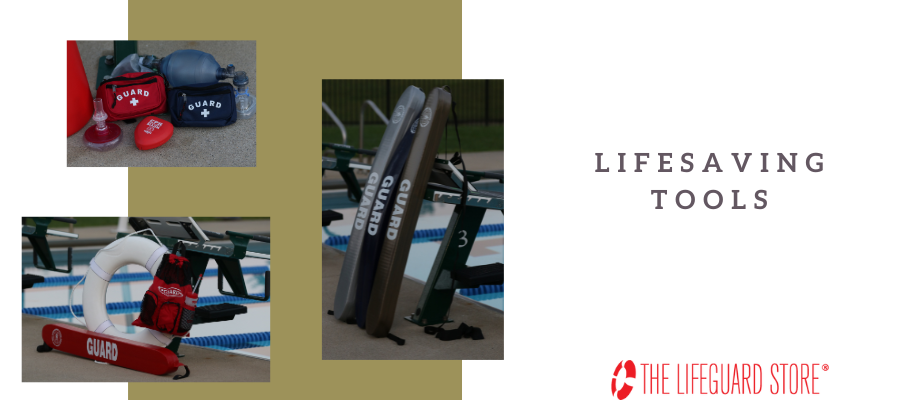
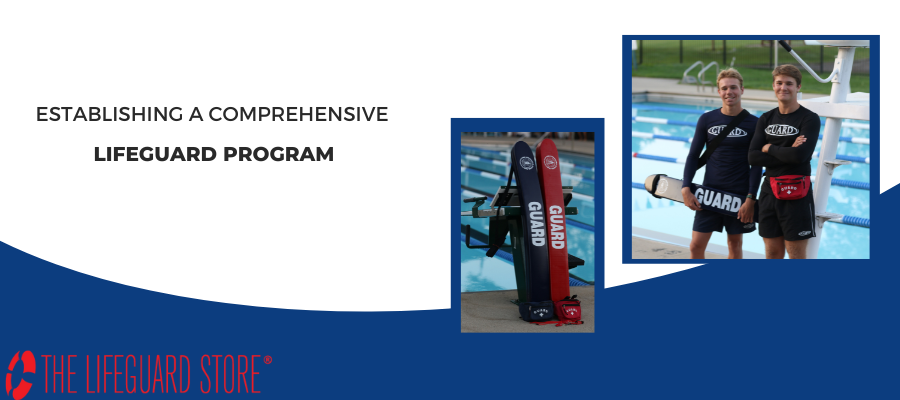
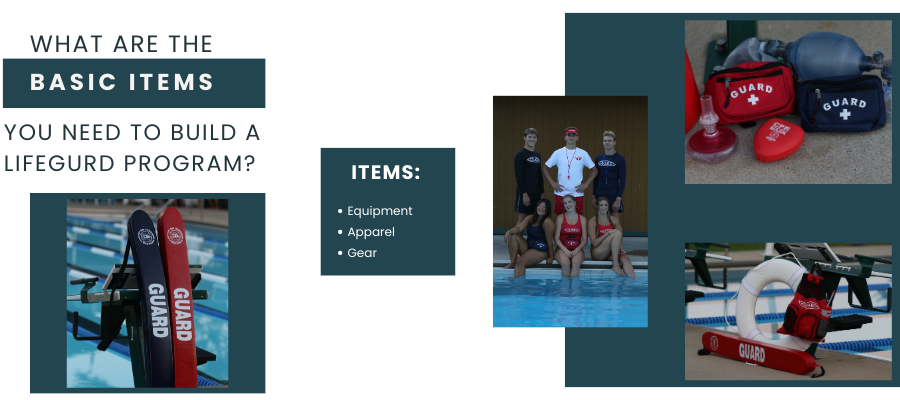
Leave a Comment
Your email address will not be published. Required fields are marked *